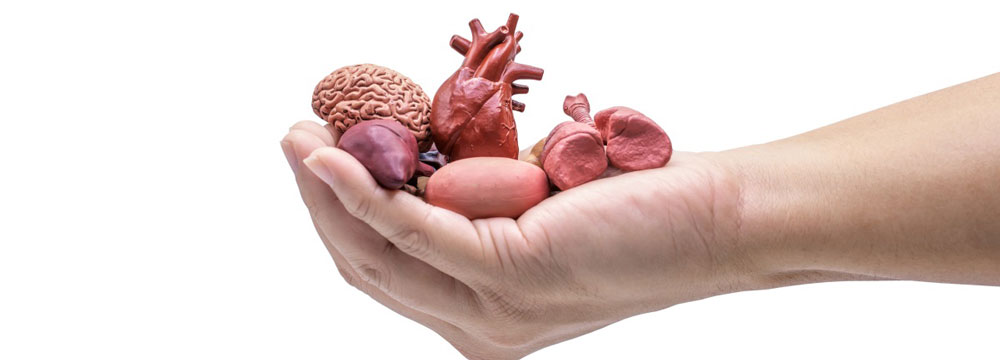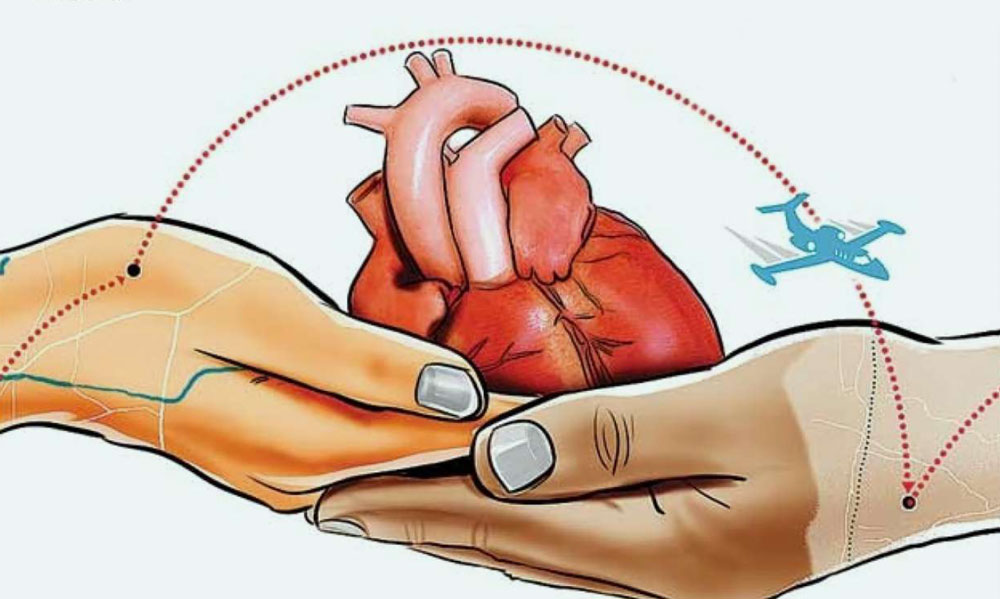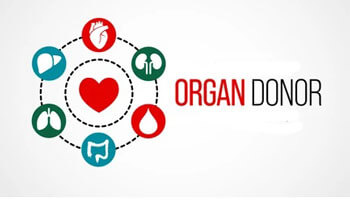MYTH 1: Organ donation is not required in India.
FACT: Agree that organ donation is a voluntary drive in India. But having said that, if we as responsible citizens don't fulfill our society's needs, the who will? Unreported data suggest almost 400 deaths due to organ failure per day in India, i.e., over 1 lakh deaths per year due to organ failure. Such a huge number of kidney failure patients lose their life due to the lack of donors. We are in desperate need of organ donation.
At least 1 lack of the 9.5 million deaths in India each year are considered to be pospective donors; yet, only around 200 become donors. Nearly 99,800 persons are still unaccounted for. Increasing the donor pool will help bridge the gap between the supply and demand of organs for potential reciepents further providing new lease of life to needy patients.
MYTH 2: If I consent to give my organs, the hospital personnel will not try much to save my life.
FACT: When you go to the hospital for treatment, the physician's priority is to save your life, not someone else's. You will not be seen by a doctor whose speciality is most closely connected to your particular illness. The treating primary doctor for you has nothing to do with transplantation.
MYTH 3: Brain death and coma are the same things.
FACT: A coma is not the same as brain death.
Those in coma are not fully brain dead. People in coma are fully conscious and will not be considered for organ donation. Although coma is reversible, brain death is not. Death is the same as brain death. Brain tumors, trauma, and intracerebral hemorrhage are the most prevalent causes of brain death. The brain stem, located ate the base of our brain, stops working. This means the person will be unable to breathe and his heart will stop beating. The demise of the brain stem is complete and irreversible. A ventilator is keeping the patient alive.
MYTH 4: I'm too old to even donate blood. How will I be able to donate my organs?
FACT: The truth is that there is no defined age restriction for organ donation. Organs from donors in their 70s and 80s have been transplanted successfully. The use of your organs is determined by strict standards rather than age.

MYTH 5: When you're waiting for transplant, your wealth or celebrity status is just as important as your medical condition.
FACT: When you're on the organ transplant waiting list, the severity of your illness, the amount of time you've been waiting, your blood type, and other crucial medical information are all important. Your wealth or social standing has no bearing on how organs are allocated. All patients on an organ waiting list are treated similarly.
MYTH 6: Removing organs and tissues will disfigure the body and make cremation/burial arrangements more difficult.
FACT: The removal of organs or tissues will not interfere with typical funeral or burial arrangements. The appearance of the body is not affected. A highly skilled surgical transplant team removes the organs and tissues that can be transplanted into other patients. Doctors methodically stitch up the body to ensure that there are no visible deformities. There is a scar once the organs are removed. In actuality, even post-mortem examination would leave a similar scar in a medico-legal case.
MYTH 7: Donating my organs may cause mu funeral arrangements to be postponed.
FACT: there is a possibility. Yet, because of the unselfish nature of the gift, most families accept it and accept it as part of life.
MYTH 7: I can never change my mind about donating organs.
FACT: You can always change your mind afterward. You can revoke your registration by alerting the registry, ripping up your organ donor card, and telling your family of your decision.

Being an organ donor has the potential to make a major difference in the lives of many individuals. You can save or enhance the lives of up to 50 others by donating your organs after death. Numerous families have reported that knowing their loved one saved the lives of others has helped them cope with their loss.
Dr Shyam Varma is a Consultant Laparoscopic/ Robotic Urologist & Renal Transplant Surgeon. He has over 15 years of experience in successfully treating complex urological diseases. His expertise includes diagnosing & treating Kidney stones, prostate enlargement, prostate cancer, kidney cancer, bladder cancer & incontinence, male infertility & erectile dysfunction.

